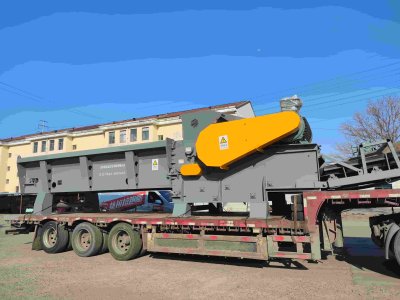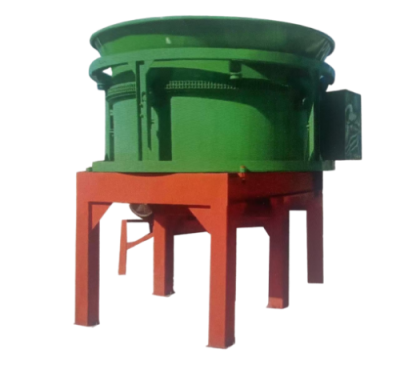What are the causes of particle coking?
Raw Material Issues
High ash content: Excessive ash in raw materials, particularly inorganic substances such as silicon and aluminum, can easily lead to coking under high temperatures.
Impurities: The presence of impurities like sediment and metals in the raw materials can cause coking during combustion.
Chemical composition: High levels of alkali metals such as potassium and sodium can form low-melting-point compounds, leading to coking.
High Particle Density
Uneven heat release during combustion can cause localized high temperatures, resulting in coking.
Significant variations in particle size lead to uneven combustion, increasing the risk of coking.
Combustion Conditions
Excessively high temperatures can cause ash to melt and adhere to the furnace or grate, forming coking.
Equipment Issues
Poor design: Inappropriate design of the combustion chamber or grate can reduce combustion efficiency and cause coking.
Insufficient maintenance: Failure to clean the equipment regularly can lead to the accumulation of ash and coke, impairing combustion effectiveness.
Environmental Factors
High humidity: Particles absorbing moisture can result in incomplete combustion, increasing the risk of coking.
Changes in air pressure may affect the combustion process, leading to coking.



